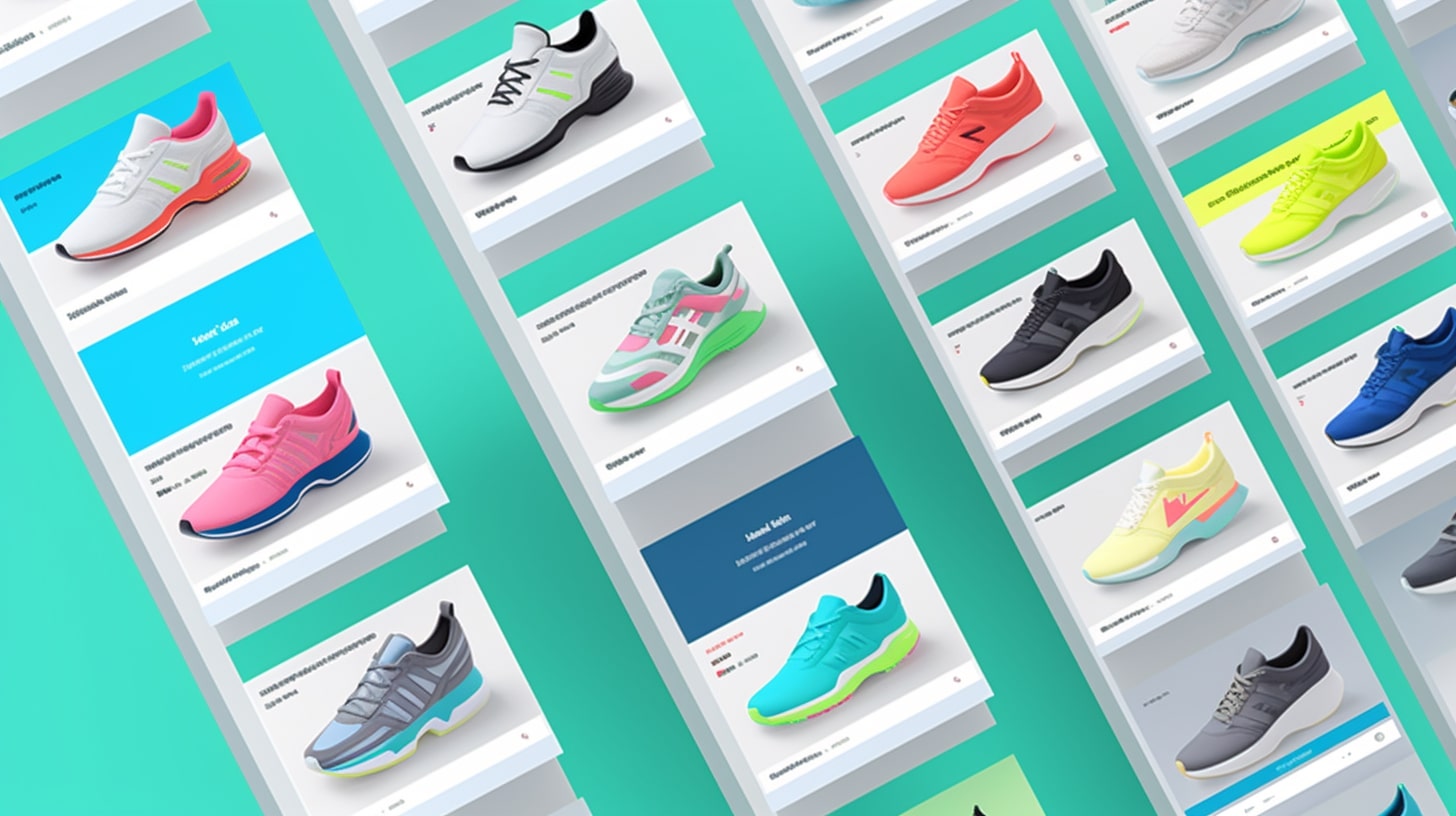Index
Other categories
23 September 2023
Customizable product catalogs for B2B e-commerce

Customizable product catalogs are an essential component of B2B ecommerce and should not be overlooked by companies that want to succeed in this field. They allow companies to tailor the shopping experience to customers' needs, thereby increasing sales and loyalty.
A customizable product catalog is a tool that allows companies to create and manage their product offerings in an organized and personalized way. It allows products, descriptions, prices and images to be displayed in a way that aligns with the brand image. By using a customizable product catalog, companies can improve the customer experience by providing accurate information about each product and making it easier for customers to find what they need.
Main features
Key features of customizable product catalogs include the ability to easily add, delete or edit products and categories. This allows companies to keep their product offerings up-to-date and relevant to customer needs. A customizable product catalog also allows companies to organize products in a way that makes sense for their specific industry or niche. For example, they can group products by type, size, color or any other relevant characteristic.
In addition, customizable product catalogs often offer search and filtering features that allow customers to quickly find what they are looking for. By offering these key features, companies can create a simple and efficient shopping experience for their customers.
How to improve customer experience
Customizable product catalogs are a key element in improving the customer experience in B2B e-commerce. By offering a wide range of products that can be easily added, deleted, or modified, companies can provide customers with relevant and up-to-date information that meets their needs. This customization also allows companies to organize products in a way that makes sense for their industry or niche, making it easier for customers to quickly find what they need. In addition, search and filter features allow customers to quickly and easily narrow down their options and find the products that best meet their specific needs.
By implementing customizable product catalogs, companies can improve the overall customer experience and increase satisfaction levels, resulting in increased sales and loyalty.
Benefits for companies offering customisation
In the highly competitive world of B2B e-commerce, offering customizable product catalogs can give companies a significant advantage over their competitors. By providing customers with the ability to tailor product choices to their specific needs and preferences, companies can increase customer satisfaction and loyalty. This not only helps retain existing customers, but also attracts new ones through positive word-of-mouth recommendations.
In addition, customizable product catalogs allow companies to showcase their wide range of offerings and their expertise in their target industry or niche. In this way, they can position themselves as a reference source for all customer needs, further strengthening the customer-business relationship. In addition, by regularly updating and curating their customizable product catalogs, companies can remain relevant and responsive to changing market trends and customer demands, resulting in increased sales and revenues.
Common challenges
Despite the many benefits of offering customizable product catalogs, companies may face some challenges when implementing this solution. A common challenge is the complexity of managing and updating a large catalog with multiple product variants and configurations. This can require significant resources and expertise that may not be available in-house. Another challenge is ensuring that the customization process is easy and intuitive for customers, without overloading them with too many options or confusing interfaces. In addition, companies must ensure that their customizable product catalogs are compatible with existing e-commerce platforms and systems, which can be a technical challenge.
To address these challenges, companies can consider partnering with experienced ecommerce solution providers such as Rewix. These providers can offer customized solutions tailored to specific business needs, including easy-to-use interfaces and seamless integrations with existing systems.
Best practices
When it comes to customizable product catalogs, best practices are key to ensuring an effective and seamless customer experience. One of the most important practices is to prioritize product information and organization. This means clearly labeling and categorizing products, providing detailed descriptions, and including multiple high-quality images from different angles. Another best practice is to offer customization options as part of a guided sales process, where customers are presented with relevant options based on their needs and preferences.
It is also important to regularly update the catalog with new products and variations, eliminating obsolete or poorly selling items. Finally, companies should ensure that their customizable product catalogs are optimized for search engines, using relevant keywords in product titles and descriptions to improve visibility and attract potential customers. By following these best practices, companies can create a successful customizable product catalog that enhances the overall B2B ecommerce experience for both customers and businesses. Don't forget to partner with experienced ecommerce solution providers like Rewix for the best results!
Join the eCommerce Revolution
Elevate your business, captivate your customers, and ensure a seamless shopping journey.
Start selling
